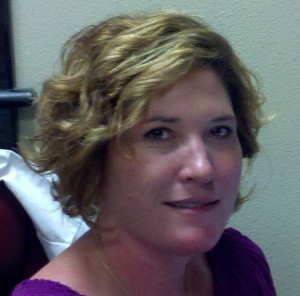
Christy Valdez, President and CEO, ReForm Spine & Injury Care Center
As U.S. troops withdraw from Iraq and Afghanistan, the military’s focus is moving from international hot spots to hospitals and veterans centers at home. Images of service men and women striving to function with the loss of limbs stir compassion, but no images adequately portray the pain of those struggling to reintegrate into families and communities or those suffering from the debilitating effects of post-traumatic stress disorder (PTSD).
Nearly one of five recently returning veterans describes symptoms of PTSD. For Vietnam vets, the statistics are more alarming; 25 years after a 1988 study of Vietnam veterans, 80 percent of its subjects reported recent PTSD symptoms. Hispanic male veterans had the highest rate of PTSD, although reanalysis of the data revealed variables other than ethnicity may have been in play. The most commonly reported symptoms of PTSD are depression, anxiety and alcohol abuse. Symptoms can vary by gender and are typically more severe in those with higher levels of combat exposure.
As the needs of veterans have increased — or become clearer — savvy and sympathetic businesspeople are offering comfort and solutions. For some, the increase in PTSD and combat-related illnesses is an opportunity to serve those who have served the country. Others see business opportunities in focusing on needs that are not adequately addressed by overburdened, underfunded veterans programs.
Research institutions look for proof of success before deploying therapies, while real-world practitioners address patient needs by modifying treatments used successfully for other illnesses. Effectiveness is evidenced by feedback from patients and visible improvements.
The benefits of massage therapies are widely known. Medical massage targets specific areas of the body, under a doctor’s direction, to relieve chronic pain. Therapeutic massage, which increases serotonin and dopamine as it reduces cortisol, lessens feelings of anxiety and imminent danger typical of PTSD sufferers. New modalities, such as soft tissue corrective therapy developed at ReForm Spine and Injury Care Center, stem from massage therapies.
ReForm has also incorporated a new PTSD treatment developed by an Albuquerque-based licensed massage therapist who is a natural therapeutic specialist. Called toggling, the therapy allows patients trained in the protocol to reverse the internal pressure that powers their emotions, putting them in control and relieving symptoms.
Health care is one of the fastest-growing global industries, and veteran health care is a specialty niche that gives practitioners an even greater sense of satisfaction when veterans’ challenges are addressed. For business owners who are alert to new market opportunities like those presented by wounded warriors, benefits are delivered to stockholders and employees in the form of greater satisfaction and revenues — and to veterans in the form of relief from debilitating stress and illness.
Download 214_Businesses Shift Focus to Veterans Needs PDF
